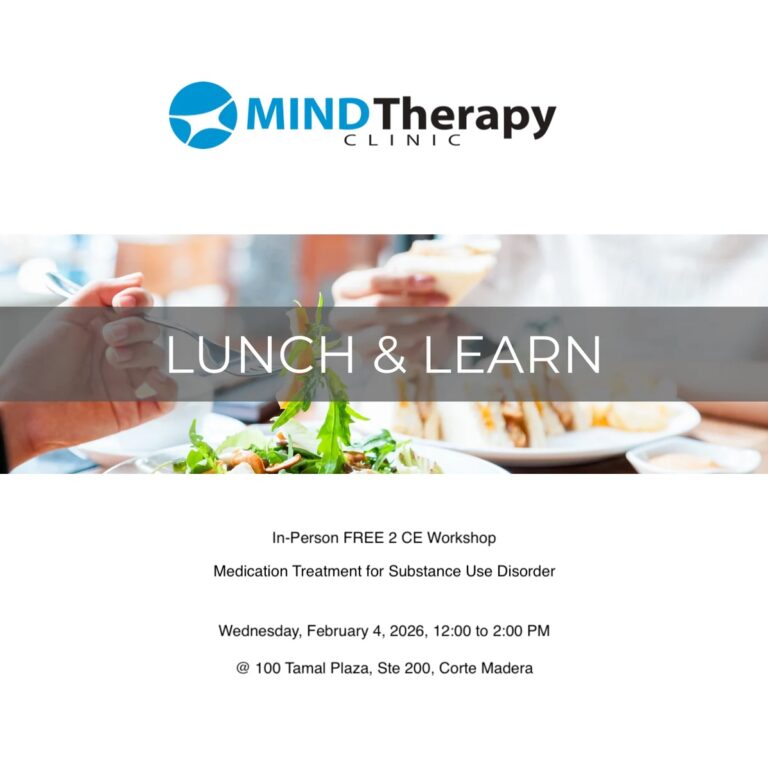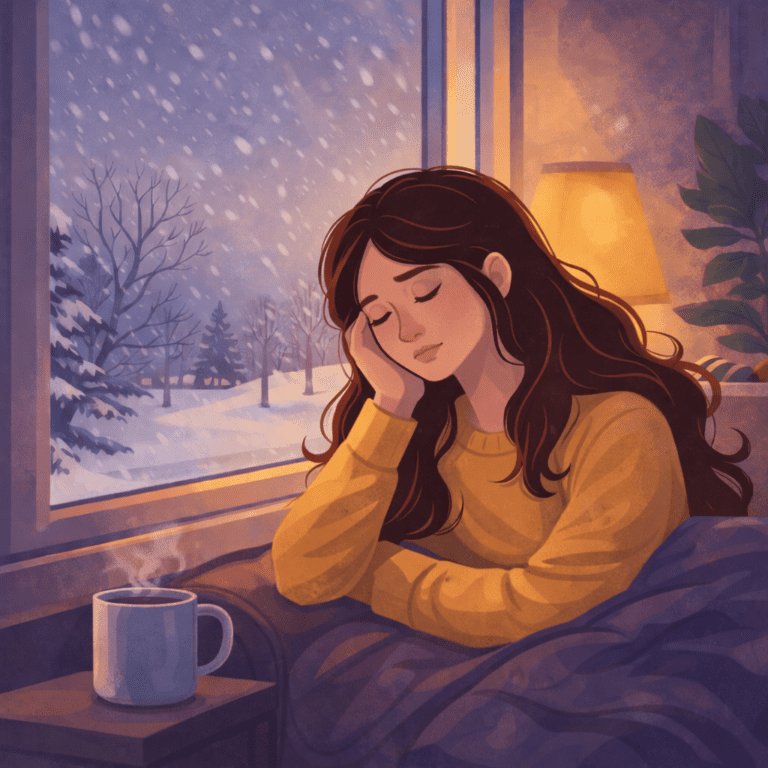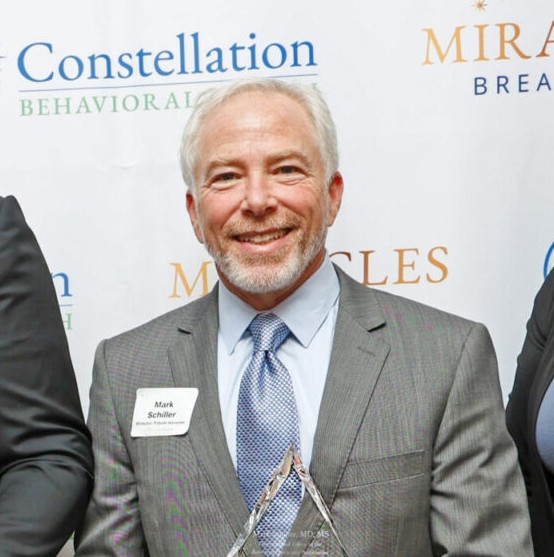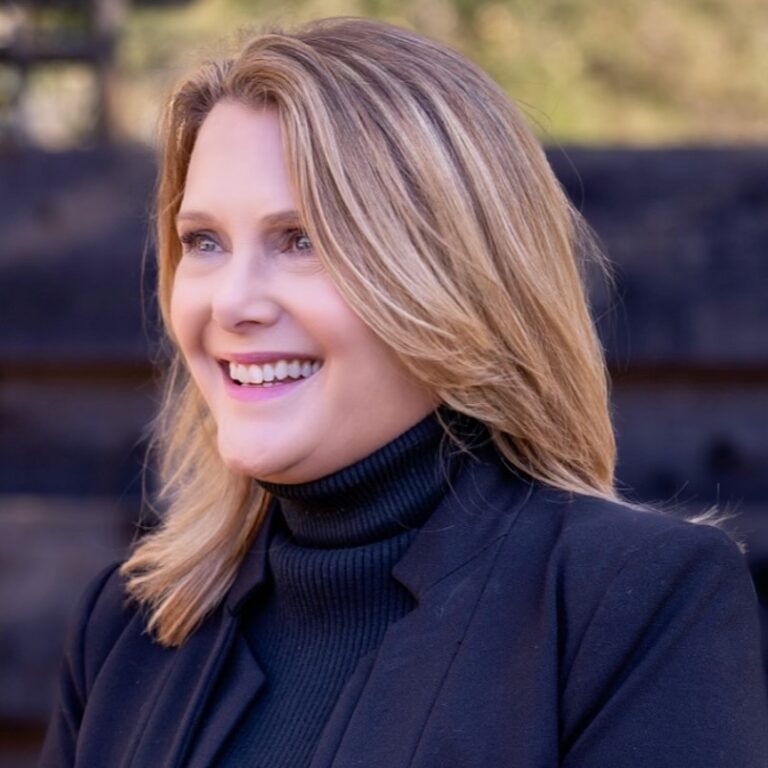Depression and Mood Disorders
Major depression and bipolar-spectrum conditions can affect energy, sleep, motivation, thinking, and relationships. Symptoms may include low mood, loss of pleasure, hopelessness, irritability, changes in appetite/sleep, trouble concentrating, or thoughts of self-harm. Mood symptoms often co-occur with anxiety, trauma-related symptoms, ADHD, OCD-spectrum issues, or substance use; durable progress comes from treating the whole picture.
Not sure if you need help?
Low mood, loss of interest, or fatigue most days for 2+ weeks
Sleep/appetite changes, slowed thinking, or agitation
Difficulty functioning at school/work or keeping up with daily tasks
Mood swings (periods of low mood alternating with elevated/irritable mood, decreased need for sleep, or impulsivity)
Thoughts of self-harm or suicide (seek immediate help: call 988 or 911)
What are co-occurring disorders?
Co-occurring disorders (also called dual diagnosis) means a substance use disorder happens at the same time as one or more mental health conditions. Common combinations include depression, anxiety, PTSD/trauma, bipolar spectrum, ADHD, OCD, and personality-related difficulties. Treating only substance use – or only mental health – often leads to short-lived results. Durable recovery requires addressing both together.
–
Why integrated treatment works
- Substance use can mask or worsen mood, anxiety, and trauma symptoms.
- Mental health symptoms can trigger cravings and relapse risk.
- Coordinated care reduces handoffs, conflicting plans, and gaps that derail progress.
- Patients get one team, one plan, and consistent skills across settings.
–
How we integrate care at Mind Therapy Clinic
1) Comprehensive assessment
Psychiatry-led evaluation of substance use patterns, withdrawal risk, and mental health history; medical review and labs as needed.
2) One plan, one team
Your psychiatrist, individual therapist, family therapist, group facilitators, and case manager meet weekly to align goals and adjust care.
3) Evidence-based therapies
CBT, DBT, ACT, trauma-informed care, motivational interviewing/MI, relapse-prevention, and skills groups that apply to both conditions.
4) Medications when appropriate
Medication management for mood/anxiety/ADHD and MAT (e.g., buprenorphine, naltrexone, acamprosate) when clinically indicated.
5) Integrated family support
Education, boundaries, and coaching so home supports recovery rather than stress.
6) Step-up/step-down continuity
Seamless movement across Outpatient ↔ IOP ↔ PHP, with the same core team; option to pair IOP/PHP with 24/7 supportive living.
7) Measurement-based care
Regular symptom and functioning measures for both substance use and mental health—shared with you to track progress together.
We Confirm the Right Medication
- We check that the usual antidepressant treatment is appropriate for your brain abnormalities using rEEG (referenced electroencephalogram), an imaging technology for recording the brain's electrical activity to guide psychiatric medication treatment. This can help to determine the appropriateness of the antidepressant treatment.
- We search for other psychiatric or physical causes affecting the brain. Physical or mental issues can cause or worsen depression.
- We adjust and closely monitor all medications. Using medicines to treat common medical problems, switching medication or treating an underlying problem may resolve a hard-to-treat depression.
- A careful evaluation can reveal conditions, like bipolar disorder or a low-level, chronic depression - which is distinctly different from treatment-resistant depression.
Personalized Treatment
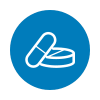
Psychiatric Medication
Based on the results of your rEEG*, our medical staff will identify the most effective medication regimen for you, which may include antidepressant and other medications.
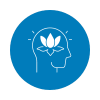
Meditation and Relaxation
Mindfulness meditation and somatic exercises can be effective methods in rebalancing and restoring the body’s chemistry.
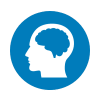
Transcranial Magnetic Stimulation (TMS)
TMS is approved by the FDA to treat depression. TMS causes more connectivity between nerves in the brain, an increase in the amount of neural activity, and an increase in the number of neurotransmitters like serotonin. The increased activity of neurons in this area of the brain lessens depression.
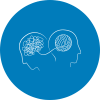
Ketamine-Assisted Psychotherapy
If you have a major depressive disorder and have tried at least two antidepressant treatments, you should consider Ketamine. Because this treatment is altering the brain to be re-wired to function differently, the treatment will provide a different result than what you’ve experienced in the past.
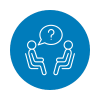
Psychotherapy
Each psychotherapy method works in a slightly different way, but all have been proven to help improve the symptoms of depression. If there is a type of psychotherapy that appeals to you, we can create a treatment plan that includes your preferences.
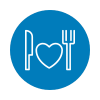
Diet and Lifestyle
Dieticians, consultants and group therapy provide help with dietary and lifestyle modifications, healthy living, yoga, exercise, natural supplements, and more. These programs complement psychological treatment to alter one’s response to depression.
Intensive Outpatient Program (IOP)
3 Day IOP
Includes:
The 3-day program includes 2 group therapy sessions per day.
One individual psychotherapy session per week (master’s level provider or higher)
Psychiatric Evaluation & Medication Management
Family Therapy (once a week)
Case management services of up to two (2) hours per month.
Adjunct Services*
*These are additional clinically indicated services that are customizable and prescribed by the treating psychiatrist.
4 Day IOP
Includes:
The 4-day program includes 2 group therapy sessions per day.
One individual psychotherapy session per week (master’s level provider or higher)
Psychiatric Evaluation & Medication Management
Family Therapy (once a week)
Case management services of up to two (2) hours per month.
Adjunct Services*
5 Day IOP
Includes:
The 5-day program includes 2 group therapy sessions per day.
One individual psychotherapy session per week (master’s level provider or higher)
Psychiatric Evaluation & Medication Management
Family Therapy (once a week)
Case management services of up to two (2) hours per month.
Adjunct Services*
Partial Hospitalization Program (PHP)
Includes:
About 3 to 4 therapy groups per day
Two individual psychotherapy sessions per week
Psychiatric evaluation & medication management
Family therapy once a week
Case management services: 30 mins to 1 hour per week
Specialized services can be arranged at an addition cost, by mutual agreement based on need
Therapy Groups
Learn about coping strategies to reduce anxiety symptoms and gain a better understanding of the thoughts, feelings, and behaviors that perpetuate anxiety—all within a caring and supportive environment.
Anxiety Therapy
Upcoming eventBuilding Strong Relationships Group
Upcoming eventCognitive Behavioral Therapy
Upcoming eventDepression and Loss Group
Upcoming eventDistress Tolerance Group
Upcoming eventEmotion Regulation Skills
Upcoming eventEmotions and Compulsions
Upcoming eventFamily and Relationship Issues
Upcoming eventGoals Group
Upcoming eventHealthy Living Group
Upcoming eventIncreasing Connection
Upcoming eventInterpersonal Effectiveness Skills
Upcoming eventLife Satisfaction Group
Upcoming eventMindful Process Group
Upcoming eventMindfulness Skills Group
Upcoming eventPost-Traumatic Growth
Upcoming eventRelapse Prevention Skills Group
Upcoming eventSelf Compassion Group
Upcoming eventSelf-Acceptance Group
Upcoming eventStress and Addiction Group
Upcoming eventTaking Charge Group
Upcoming eventTaming Anxiety Group for Teens
Upcoming eventThe Next Right Thing
Upcoming eventWomen’s Psychotherapy Group
Upcoming event
We’re dedicated to providing valuable information and support for anyone who is struggling with mental health issues. Our extensive options for group therapy are led by highly experienced medical professionals. Explore our informative articles to help you better understand and manage your anxiety. Our goal is to provide a safe and supportive community where you can learn, connect, and grow.

